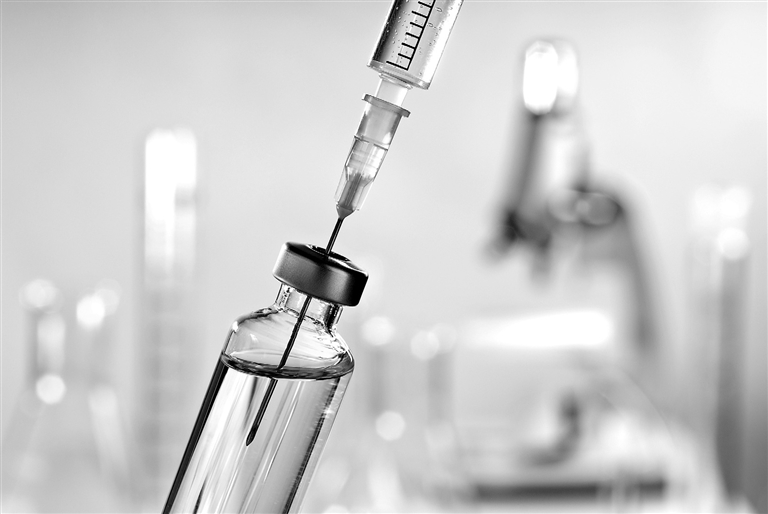
AFTER people are infected with the novel coronavirus, their natural immunity to the virus could decline within months, a new pre-print paper suggests. The paper, released on the medical server medrxiv.org Saturday and not yet published in a peer-reviewed medical journal, suggests that antibody responses may start to decline 20 to 30 days after COVID-19 symptoms emerge. Antibodies are the proteins the body makes to fight infection. “We show that IgM and IgA binding responses decline after 20-30 days,” the researchers from institutions in the United Kingdom wrote in the paper, which also found that the severity of COVID-19 symptoms can determine the magnitude of the antibody response. The new study included samples collected from 65 patients with confirmed COVID-19 up to 94 days after they started showing symptoms and from 31 health care workers who had antibody tests every one to two weeks between March and June. In general, it can take one to three weeks after infection for your body to make antibodies, according to the U.S. Centers for Disease Control and Prevention. Since early on in the pandemic, the World Health Organization has warned that people who have had COVID-19 are not necessarily immune from getting the virus again. Yet the new study had some limitations, including that more research is needed to determine whether similar results would emerge among a larger group of patients and what data could show over longer periods of time when it comes to infection with the coronavirus, named SARS-COV-2. “This study has important implications when considering protection against re-infection with SARS-COV-2 and the durability of vaccine protection,” the researchers wrote in the paper. Even though it has yet to be peer reviewed, “the importance of this study is clear and the research has been rigorously undertaken,” Stephen Griffins, associate professor in the University of Leeds School of Medicine in the United Kingdom, who was not involved in the new study, said in a written statement distributed by the U.K.-based Science Media Center on Monday. “This work confirms that protective antibody responses in those infected with SARS-COV2, the coronavirus that causes COVID-19, appear to wane rapidly. Whilst longer lasting in those with more severe disease, this is still only a matter of months,” Griffins said. “Similar short-lived responses are seen against other human coronaviruses that predominantly cause only mild illness, meaning that we can be re-infected as time goes by and outbreaks can adopt seasonality. With the more serious, sometimes fatal, outcomes of SARS-COV2, this is troubling indeed,” Griffins said. “Vaccines in development will either need to generate stronger and longer lasting protection compared to natural infection, or they may need to be given regularly.” As of Monday, there were 23 COVID-19 candidate vaccines in clinical evaluation globally, according to WHO. “Even if you’re left with no detectable circulating antibodies, that doesn’t necessarily mean you have no protective immunity because you likely have memory immune cells (B and T cells) that can rapidly kick into action to start up a new immune response if you re-encounter the virus. So you might well get a milder infection,” Dr. Mala Maini, professor of viral immunology and consultant physician at the University College London in the United Kingdom, said in a statement also distributed by the Science Media Center on Monday. The new paper adds to a growing body of evidence suggesting that natural immunity to COVID-19 with antibodies may not last as long as hoped — and that the level of severity of the initial coronavirus infection can be linked to the magnitude of antibody response.(SD-Agencies) | 
